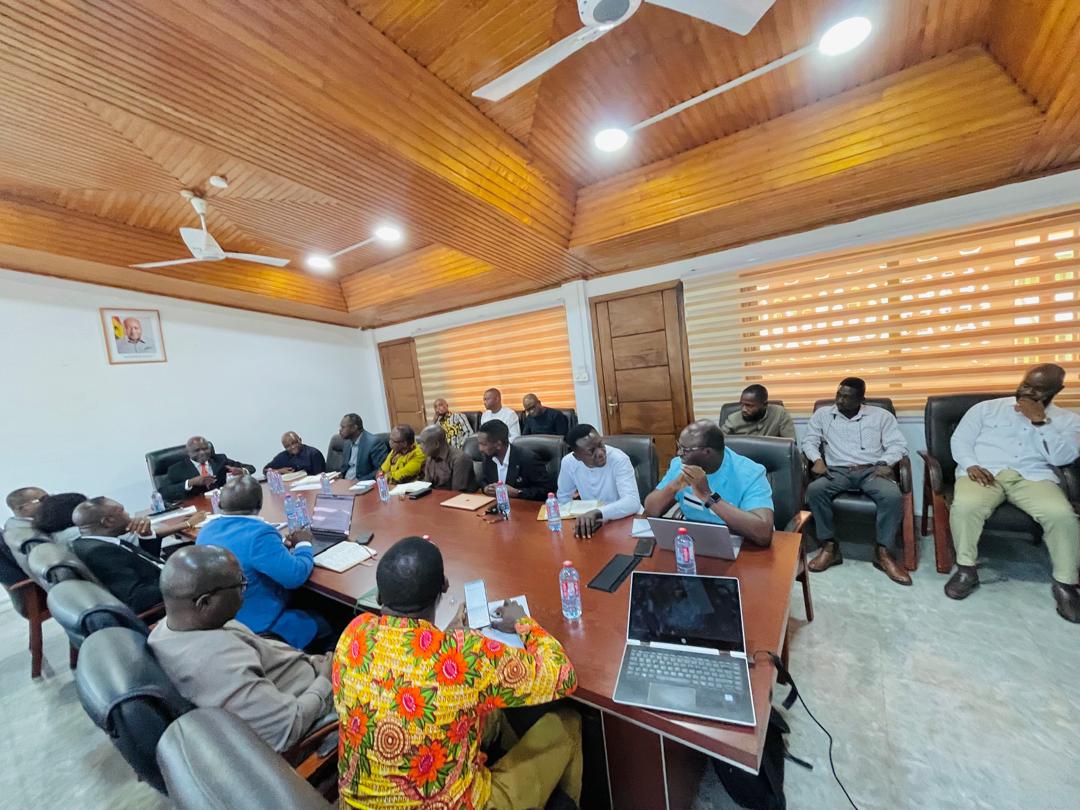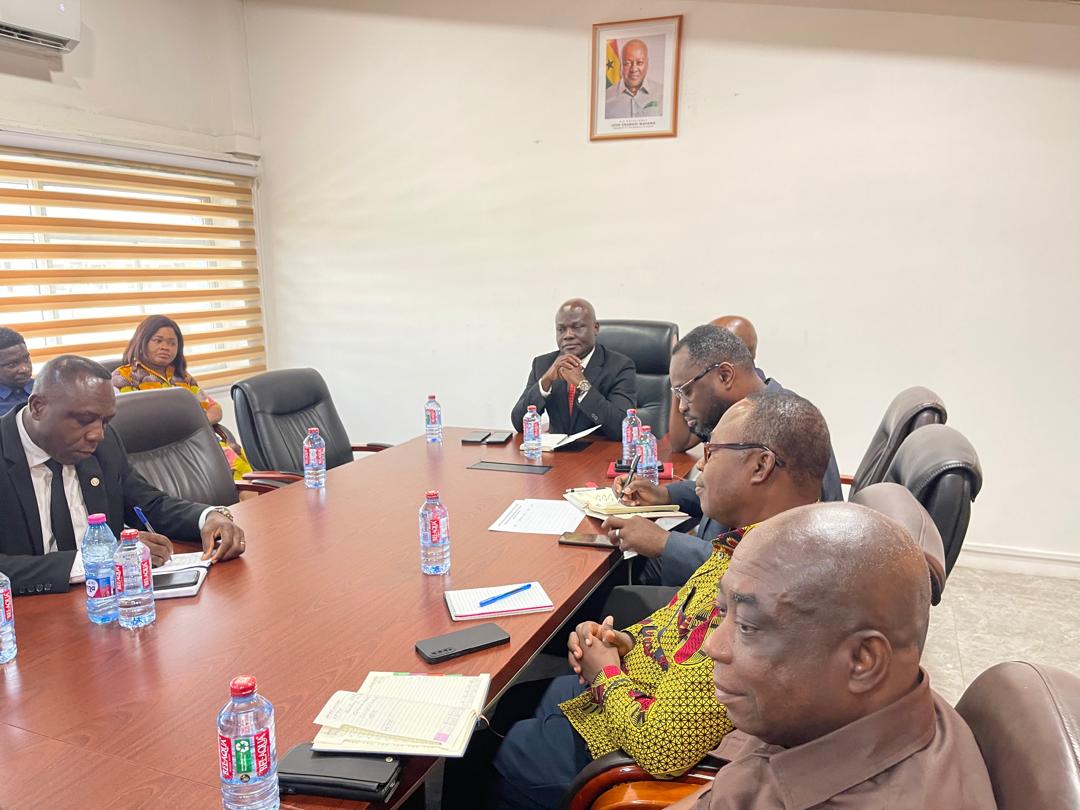The Minister for Local Government, Chieftaincy, and Religious Affairs, Hon. Ahmed Ibrahim, has emphasized that sanitation challenges in the country are fundamentally governance and institutional issues. According to him, addressing these challenges requires the development of a structured monitoring framework that aligns with efficient service delivery, facilitated through inter-institutional collaboration among all stakeholders in waste management.
Hon. Ibrahim made this observation during a meeting with staff of the erstwhile Ministry of Sanitation and Water Resources, as well as officials from the Korle Klottey and Accra Metropolitan Assemblies. The engagement sought to review sanitation successes and challenges within their jurisdictions and to chart a sustainable path forward.
The discussions centered on key aspects of waste management, including storage, collection, transportation, source separation and recovery, treatment, and final disposal. Participants acknowledged the need for enhanced coordination among government agencies, local authorities, and private sector players to ensure a more effective and integrated approach to sanitation management.
The Minister highlighted the potential role of the proposed 24-hour economy initiative by His Excellency, former President John Dramani Mahama, in transforming sanitation service delivery. He noted that with properly functioning streetlights, public cleaning and waste collection could be conducted at night, minimizing human disruptions and improving overall sanitation outcomes.
Hon. Ibrahim reaffirmed the government’s commitment to strengthening institutional frameworks and governance structures to ensure sustainable sanitation solutions. He called for collective responsibility in tackling sanitation challenges, urging all stakeholders to work collaboratively towards achieving a cleaner and healthier environment for all citizens.





